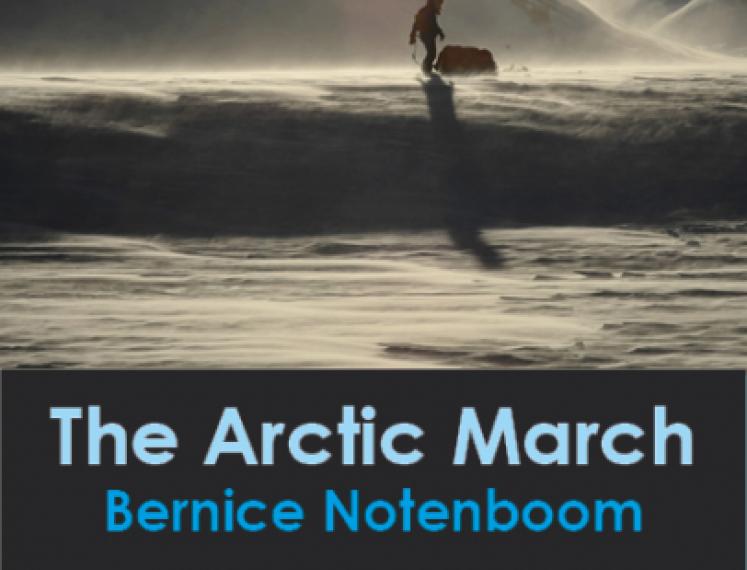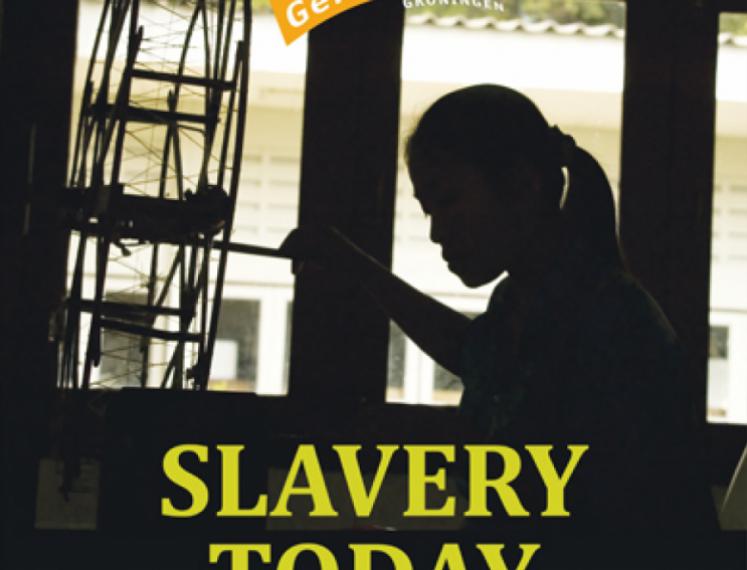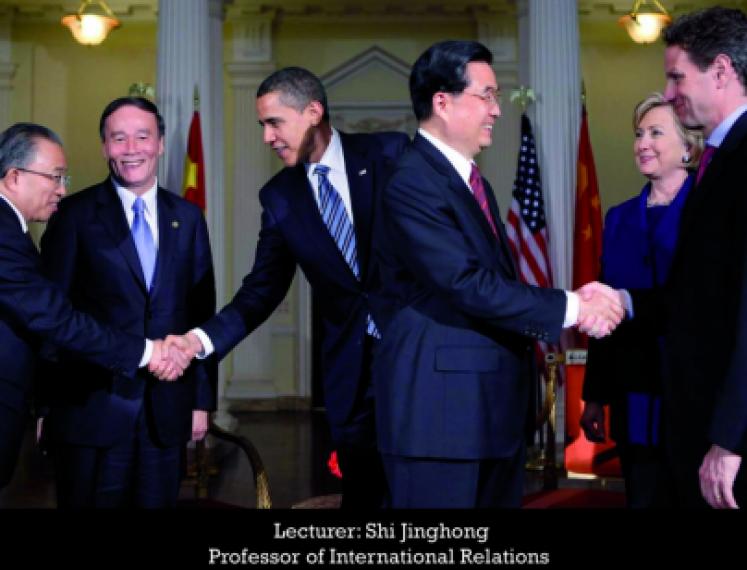
Archief
Thema
Nederlands
Tijd
20:00
Locatie
Academiegebouw
Broerstraat 5
Groningen
Netherlands
Tickets
Admission free
Interessante links
The Arctic March
Bernice Notenboom
Bernice Notenboom tried – as first woman ever – to ski from the North Pole back to Canada, but this Arctic March ended in an evacuation after 600 km of struggle. But that doesn’t make The Arctic March a failed expedition.
In 2008 Bernice Notenboom was the first Dutch woman to ski to the South Pole after a trek of nearly one thousand kilometres and in 2009 she was the second Dutch woman to reach the top of Mount Everest. Last spring she tried – as first woman ever – to ski from the North Pole back to Canada, but this Arctic March ended in an evacuation after 600 km of struggle and only 188 km from the coast.
The Arctic March is the toughest expedition in the world; one in three attempts fails. For 40 days Bernice Notenboom and her team documented all the hardships they suffered on the ice. The team had been hit by snowstorms several times, with gusts of wind of over 95 km per hour and hardly any visibility. Cracks in the ice and piled up blocks of ice slowed down the march to only a few kilometres a day. In the end, the team had to be rescued off the ice on the 13th of May after another warning of an impending storm.
But that doesn’t make The Arctic March a failed expedition. In captivating images Bernice Notenboom shows how empty and beautiful the Arctic is, a vulnerable landscape we are on the verge of losing irreversibly. The Arctic March was an exciting and instructive experience. How do you remain resilient and how do you cope with setbacks? What happens when things go wrong? How do you keep working together and stay the course? And how do you deal with not achieving the goals you set out to achieve?
Bernice Notenboom is an adventurer, journalist and programme maker. After an MBA-study and a career at Microsoft she started a rafting company, organising trips on the Colorado River in North America. She sold her business ten years later and started writing about her expeditions to (among others) the North Pole, the South Pole, through the Siberian wilderness or kayaking on the River Niger in Mali. All these expeditions highlighted climate change in extreme environments. She regularly writes for the Volkskrant, Telegraaf, and the National Geographic, published the book Tegenpolen (Poles Apart) and made the documentaries Himalaya Alert and Desert Alert. Her six-part TV series for VPRO television Klimaatjagers (Tipping Points) is about tipping points in the climate system and has been broadcast in 40 countries and will soon reach the cinemas.
Organised by the Energy Academy Europe together with Studium Generale Groningen.


